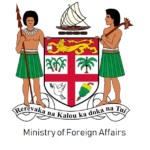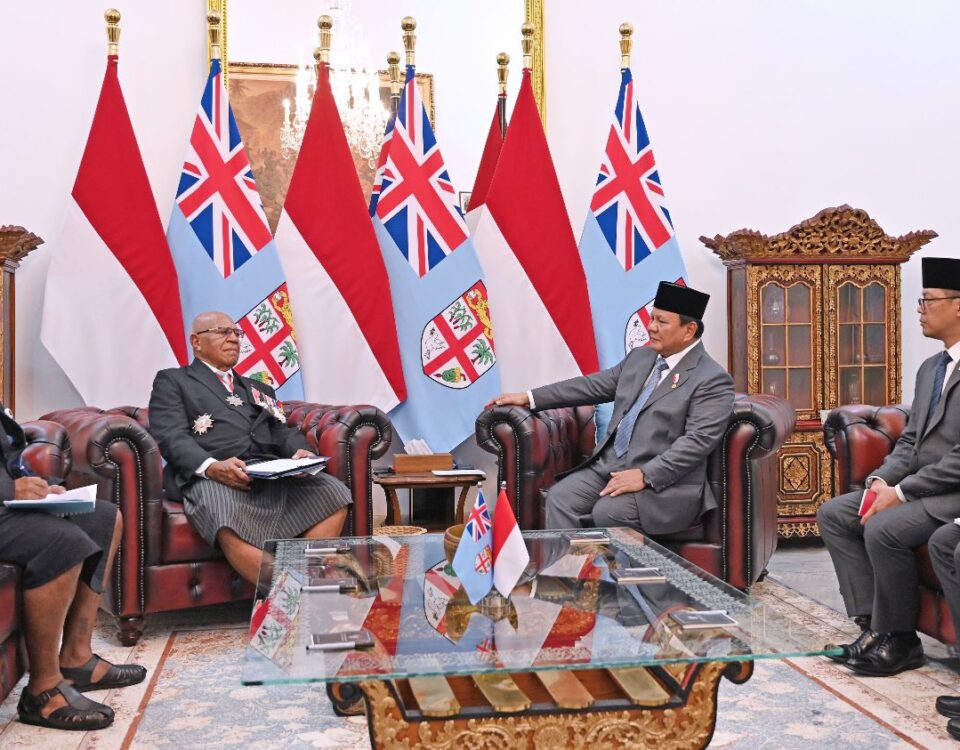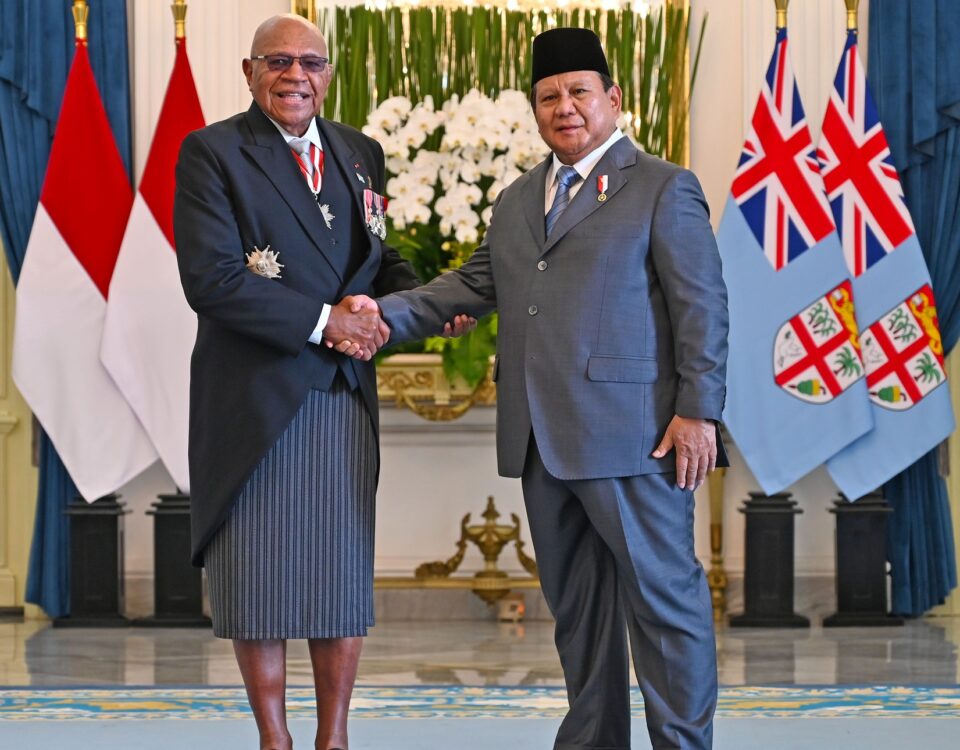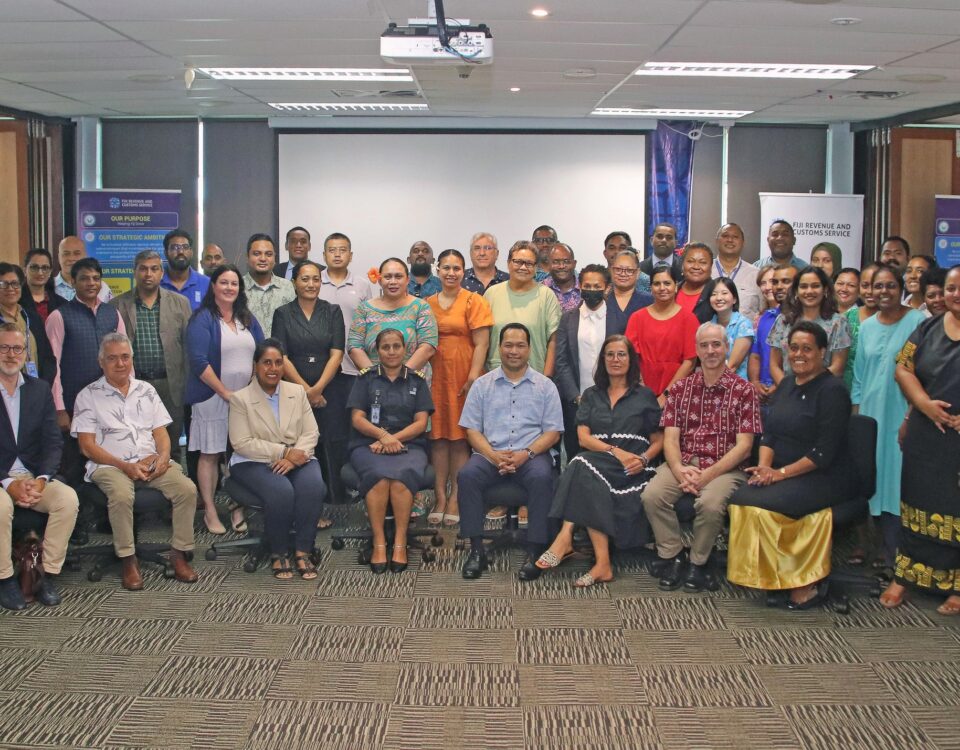
Prime Minister Hon. Voreqe Bainimarama’s Speech at the Opening of the Tenth Session of the World Urban Forum
09/02/2020
Prime Minister Hon. Voreqe Bainimarama’s Opening Remarks at the Implementing the New Urban Agenda to drive Sustainable Change Dialogue
10/02/2020Published On: 10/02/2020
Excellencies,
Ladies and gentlemen.
Good Afternoon, As-Salaam-Alaikum, and –– as we say in Fiji –– Bula Vinaka.
I thank His Excellency for the warm welcome, and for his government’s hospitality as leaders of the world gather here in Abu Dhabi for this tenth session of the World Urban Forum.
The theme of this year’s Forum is “connecting culture and innovation”, so I’ve joined you all today to help draw that vital connection.
It’s easy to get caught up in the marvel and splendour of a city like Abu Dhabi. Feats of modern engineering border on the miraculous. Glimmering high-rises tower in the sun, and turbo-charged supercars whir across a roading network that is the envy of the world. Through the desert heat, you can feel the hum of human innovation in the air. It may even seem there is no challenge, no obstacle, that technology cannot overcome.
But sometimes, progress isn’t encased in glass and concrete, and solutions aren’t found in a software update. Sometimes, it’s best to take a step back from it all and take wisdom from our roots, our history and our heritage.
When I say this, I don’t mean that we should turn away from the life-changing benefits of modernisation. In Fiji, we’ve embraced innovation to combat climate change and adapt to withstand its impacts. We were the first emerging economy in the world to offer a sovereign green bond to fund resilient infrastructure, we’ve introduced a new bill that will rank among the world’s most ambitious climate change legislation, and we’ve instituted a cutting-edge environmental levy on targeted consumer spend that is wholly dedicated to funding adaptation projects. Despite being a small island state, we’re leading the world by example with very big ideas.
But there’s a special place that our Pacific heritage has had in shaping our perspective, and that deep-seated cultural influence has fuelled our urgency in combatting climate change. It, above all else, has inspired every innovation and ambitious action that we as a nation have embraced.
As a young boy, I earned my sea-legs as a cadet on an old sailing yacht called ‘Maroro’, which –– before my time –– had a rich history as the personal vessel of Queen Sālote of Tonga. Through my time learning the ropes on that boat, I remember passing many a Fijian on their skiffs and dinghies, watching as they netted their catch to feed their families or sell at the market.
In those years, there was great respect for the delicate balance of our ocean ecosystem. Back then, as it has been for centuries prior, if a fisherman hooked a coral trout or grouper in peak spawning season, he’d know to throw it back. If a woman was crabbing by her seaside village and trapped an immature mudcrab, she’d let it scurry on its way –– at least until another day.
Unfortunately, over the decades, it seems that sense of environmental harmony has faded. Over the years, I’ve been to many a market in Fiji –– and I can tell you from experience that the size and number of fishes and other sealife on offer today is nothing like it was. Abundance has been replaced by scarcity, and as a result, the once-self-regulating nature of fishing has been replaced by a more short-sighted quest for commercial gain.
We know why this is happening. In a global economy, a Fijian on a canoe with a single rod is competing against massive fishing vessels with nets that can bring in an entire month’s catch in a single haul. And with depleting fishstocks and bleached coral reefs, there’s great temptation to keep anything they can get. For fishers, the choice to keep or release their hard-fought grouper is clouded by the thought –– “if I throw her back, will the next person who hooks her do the same?”
To help restore the balance, we’ve put laws into place that formalise the sustainable habits that once came naturally. I’m of the belief that this regulatory reigning-in can apply across the globe –– whether we’re speaking to fishing, or more broadly, to unbridled carbon emissions.
My friends, we need to rehabilitate that harmony. Whether that’s through restorative measures like replanting mangroves on our coastlines or vetiver grass on our riverbeds, or on a larger scale, engaging in carbon markets to offset emissions of highly-developed nations, we are increasingly returning to nature to stave off rising sea levels and global temperatures.
Through Fiji’s presidency of COP23, the United Nations Climate Change Conference, I liked to use an old refrain –– “we’re all in the same canoe”. To drive the point home, we actually had a double-hulled sailing canoe –– a drua, as it’s been known in the Pacific for hundreds of years –– shipped to Bonn for that year’s negotiations.
I hoped this expression of Fijian heritage would inspire nations of the world to look at each other, not as separate States defined by borders, but as a common people with a common fate. But after a number of disappointing outcomes from recent climate negotiations –– most notably, COP25 in Madrid –– I’ve amended the phrase with an addition: “Tu Na Inima Luvu Na Waqa”. This ancient adage means, quite literally, “the boat sinks despite the presence of the bailers.”
Friends, I want you to take that message to heart. In the midst of this climate crisis, there are far too many so-called leaders in this world who are sitting passively as we sail, wilfully ignoring the holes in our sinking canoe. With their vast resources and innovation, they have the ability to bail water, but instead, they’re just enjoying the view. But for the sake of our future, we need to start bailing, now.
In the conversation that follows, by sharing stories about how we each unique worldview on the climate crisis facing the world, I hope that each of you are able to broaden your own perspective, challenge conventional thinking, and return home with a renewed sense of urgency to act. Rather than allowing climate change to reshape our cultures, by working together, we can use our cultures to reshape climate change –– let’s do it now, before it’s too late.
Vinaka vakalevu. Thank you.





